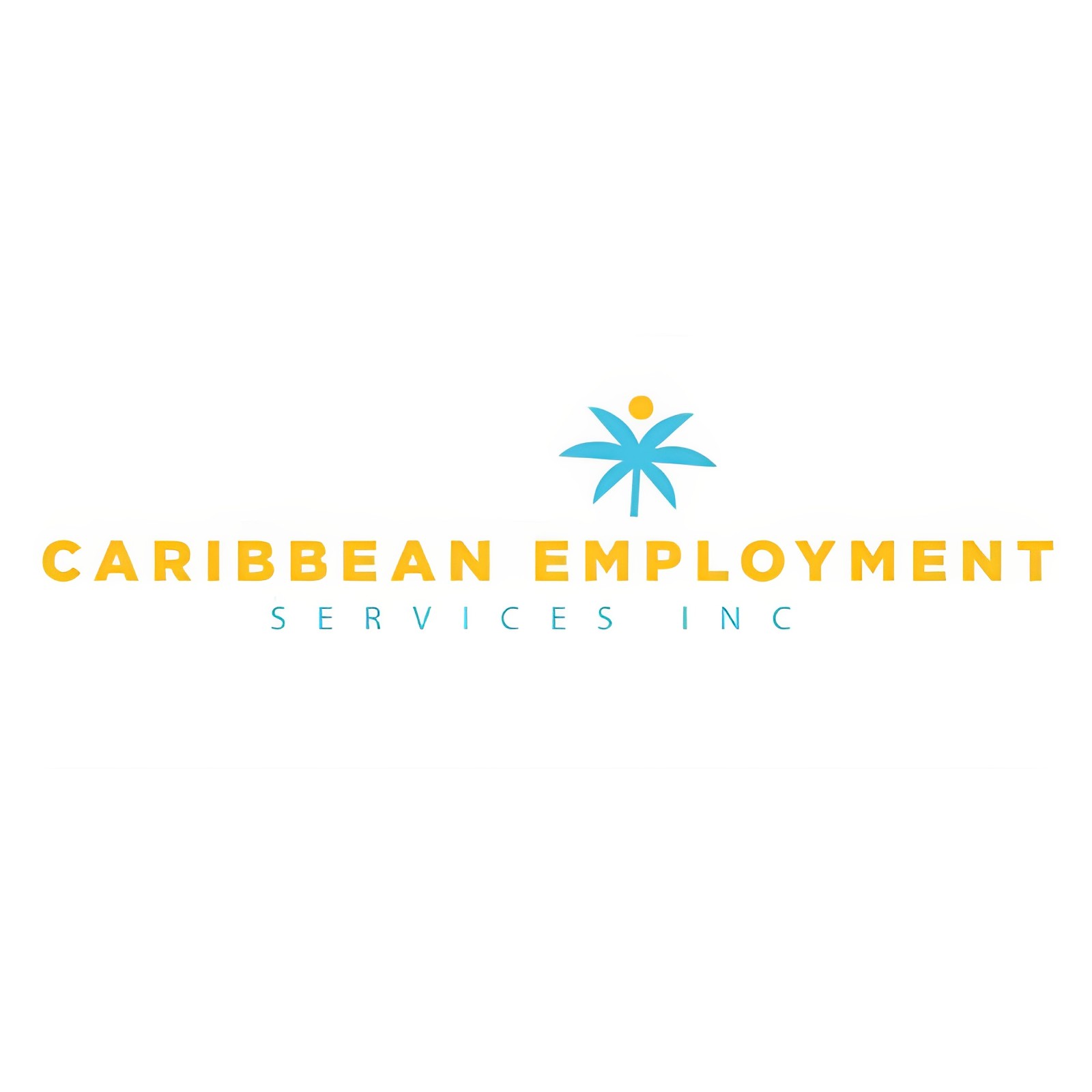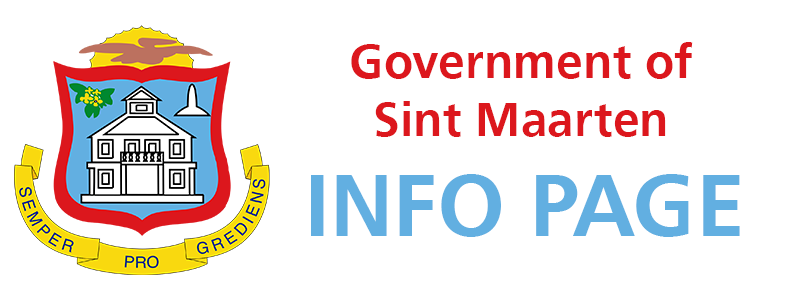CEO Supports Four-Day Workweek In Jamaica
KINGSTON, JAMAICA — A four-day workweek could prove beneficial for Jamaica, suggested the CEO of a regional recruitment service, who said businesses that can do so should at least consider giving it a try.
“It’s reasonable to be skeptical about something this new, but the trial in Britain surprised everyone with its positive results,” said Joseph Boll, Caribbean Employment Services Inc. CEO. “Some British businesses were also hesitant to try something new, but instead found there were benefits for employers and employees alike. Workers were happier and more productive, which meant upper management was happy too. For Jamaica, which CAPRI (the Caribbean Policy Research Institute) already noted has struggled with a labour productivity challenge, this could be an unexpected way to turn the tide, and should at least be considered by businesses that are able to.”
Caribbean Employment Services Inc. is a market-leading digital talent acquisition service that aims to connect the top talent from the Caribbean with hiring managers, HR professionals and decision-makers in companies both within the Caribbean as well as abroad. Further, it aims to provide the region’s jobseekers and those who are already employed with news and resources related to Caribbean labour.
Boll’s comments come as talk of whether Jamaican businesses could adopt a four-day workweek have dominated the sphere of public opinion over the past week. A successful trial of the shorter workweek in the United Kingdom has businesses and workers alight with debate over whether Jamaica could possibly adopt a similar model.
In a report released at the beginning of this year, CAPRI called attention to a longstanding labour productivity challenge in Jamaica, suggesting that public and private sector businesses make more of an effort to adopt flexible working options. The independent research organization outlined how this could help Jamaican workers have more human capacity to perform well on their jobs. Similarly, over the course of the pandemic, many other regional experts urged not just Jamaica but Caribbean countries on a whole to be more receptive towards remote work, which could potentially address longstanding brain drain challenges, allow more Caribbean businesses to access international labour markets and help countries like Jamaica fulfill their vision of becoming global tech hubs.
“If not moving to a full four-day workweek — at least not right away — businesses should definitely at least consider more flexible or alternative ways of working besides just the standard 9-5 physical desk job,” Boll urged.
While he, like CAPRI, acknowledged a seeming reluctance among Jamaican businesses to adapt to more modern ways of working, Boll said the benefits of seriously trying out more modern work models could prove beneficial for Jamaica’s economy in multiple ways.












